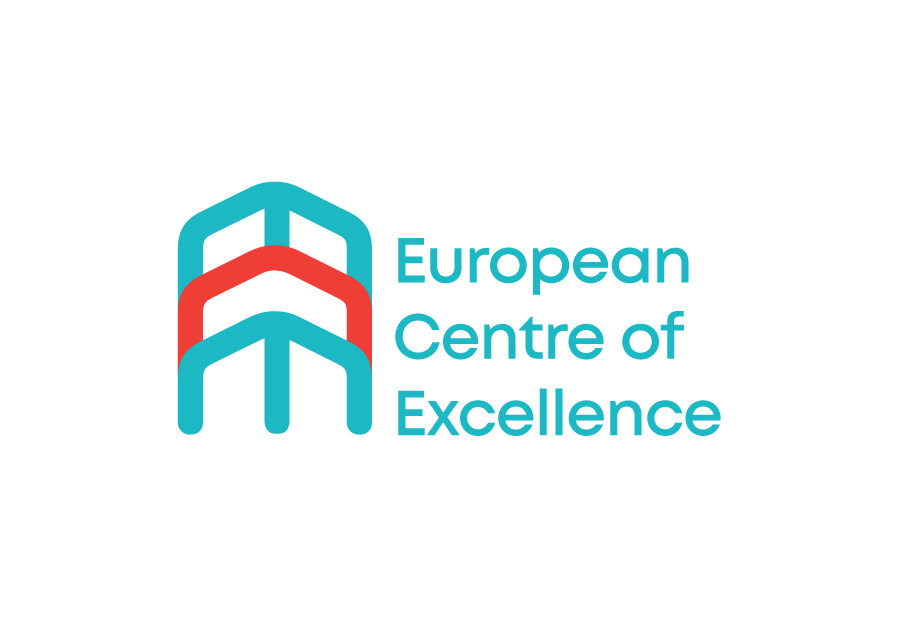Thinking European, living outside of EU: The paradox of North Macedonia’s youth
Photo: Goshe Nikolov, personal archive
This is a blog post by Goshe Nikolov, an award-winning journalist, youth advocate, and the creator of Studentarija - the largest and the most influential student and youth platform in North Macedonia. His work centers on youth issues, education, technology, and social justice, using digital storytelling and journalism to drive meaningful change.
Goshe has received multiple recognitions for his impact, including the Youth Participation Award in 2023 (by the Agency for Youth and Sport and the National Youth Council of Macedonia) for his activism, and the Herald of the Invisible journalism award (twice - 2024 and 2025, by Macedonian Platform Against Poverty) for shedding light on marginalized voices. In 2025, he also earned a regional award for excellence in digital storytelling for his coverage of internet culture and memes.
Through Studentarija, he informs, inspires, and empowers thousands of young people, blending journalism, creativity, and advocacy to amplify youth voices and spark civic engagement.
The EU integration process feels like a TV series we’ve been watching since the childhood. We follow season after season, witness endless plot twists, get emotionally invested, feel disappointed, but still can’t bring ourselves to stop watching, because the ending carries hope.
The only problem is that for this generation of young people, that ending seems more distant than ever. While our peers in Croatia are already living in a European reality, we’re still watching trailers for something that never quite begins.This is precisely what surfaced in a recently conducted survey on Euroscepticism: nearly half of young people in North Macedonia do not believe the country will ever become an EU member, even though more than 75% are interested in living and working in the Union. The research conducted by the Institute for Good Governance and Euro Atlantic Perspectives (IDUEP Skopje), the European Centre for Excellence (ECE Brussels), and the Friedrich Naumann Foundation, in cooperation with Studentarija (the biggest student platform in North Macedonia), reveals a clear message: we want to be part of the European family, but we’re exhausted from waiting. Not because we dislike Europe, but because we don’t want another generation to spend their youth watching the EU as a never-ending teaser.Every young person I know has some connection to Europe. Some are thinking about working there, others are already living and working abroad, studying for a master’s degree, participating in ‘Work and Travel’ programs, or engaged in EU-funded projects and organisations. But everyone shares the same feeling: as if we’ve packed our suitcases early. Not physically, but mentally. As if we live in a country that doesn’t believe in itself, pushing us to seek stability elsewhere.Young people are not Eurosceptic because they don’t understand the EU, but because they understand their own country all too well. That’s why it’s no surprise that over 84% of survey respondents pointed to corruption as the biggest obstacle to membership - far ahead of bilateral disputes, the economy, or the EU’s own stance. Young people no longer have illusions. They don’t expect Brussels to magically solve our problems. Instead, they point directly at where the real problem has always been: at home.And yet, they haven’t abandoned the idea of Europe. Over 40% of young people maintain a positive view of the EU, and the greatest interest lies in the tangible benefits the Union brings: opportunities for education, work and mobility, human rights protections, digital transformation, and green policies. They don’t idealise the EU - they see it as a system that, unlike ours, actually works.In that context, disinformation has become an increasingly dangerous factor. Some media outlets, social media campaigns, and informal channels continue to feed Eurosceptic narratives: that "the EU is using us," that "it imposes foreign values," or that "Europe doesn’t want us." This particularly affects those without direct experience in European programs or travel, and those living in smaller or underrepresented communities.If left unaddressed, this toxic mix of fatigue, disappointment, and disinformation could lead to a new form of Euroscepticism - not thoughtful or critical, but shallow and politically manufactured. And that would be a loss not just for young people, but for the very idea of Europe.That’s why today it’s no longer enough to simply talk about the EU. It must be demonstrated through concrete programs, accessible information, and sincere communication. We must include young people not only as users of scholarships and funds, but as active partners in the reform process. Europe must not remain just a foreign policy goal - it has to become an internal reality.Young people are already European - in their values, aspirations, and choices. Paradoxically, Europe must now accept us not because we need to change, but because in spirit, we’ve long been there. If this isn’t recognised soon, we risk losing an entire generation that is already living the European idea, but increasingly doubts whether that idea includes them.We’ve watched enough seasons from this TV serial. We already know all the main characters and their motives, we’ve survived the plot twists, and we already know the lines. And still, we’re here - not because it’s entertaining, but because we hope the next episode will finally be the different one. We want to see the ending. Or at least the beginning of something real.And when the story finally concludes with EU membership, we ask for nothing more than what we’ve already earned - a spin-off. One where we’re no longer just the audience, but equal players in the script. A part of the European family.ECE Brussels provides a space for informed and open exchange - connecting voices from across Europe, with particular attention to EU candidate countries. To propose a contribution or request more information, please contact info@excellenceeurope.org. More details are available on the LINK

